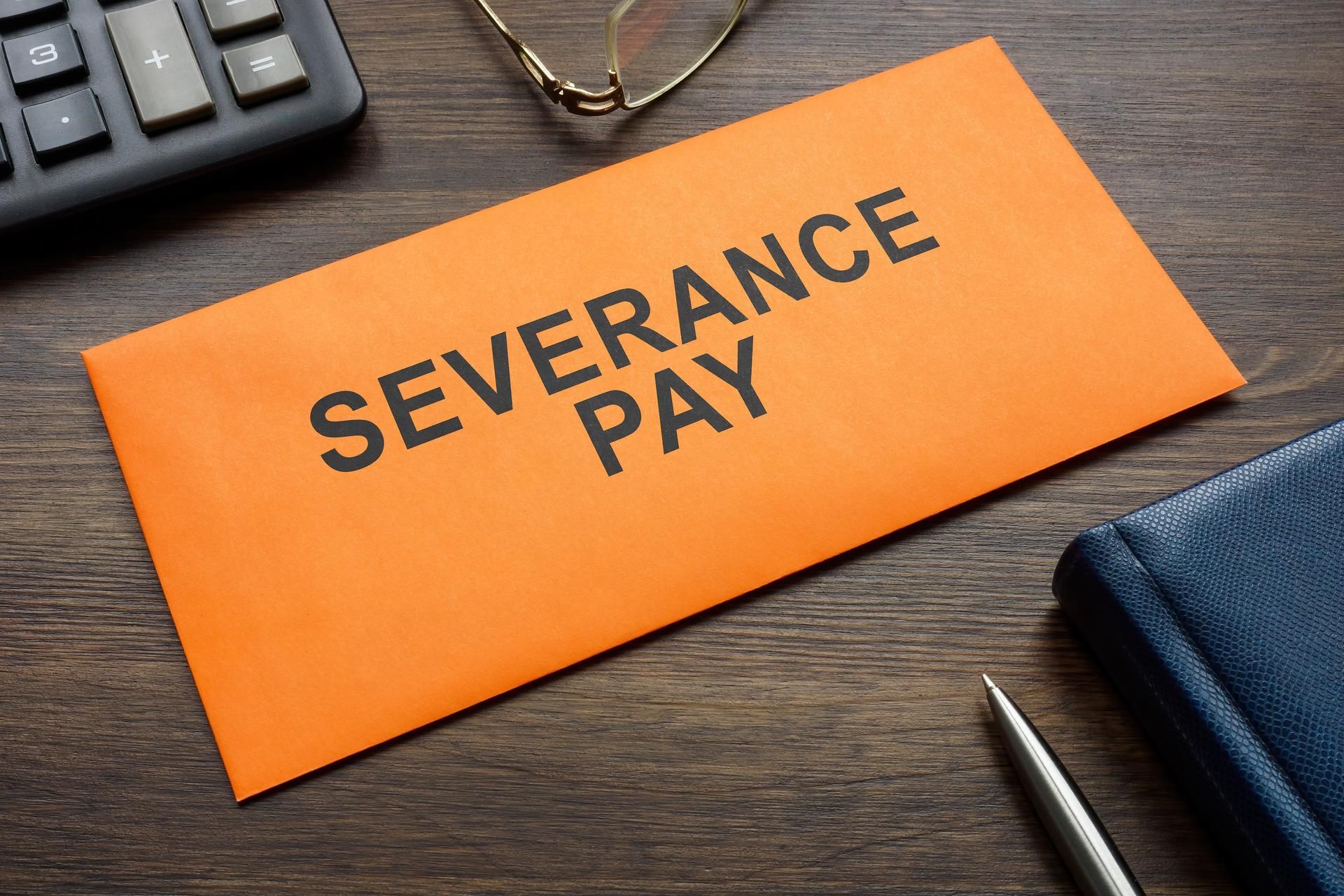Have You Been Misclassified by an Employer? What You Can Do

Have you received IRS Form 1099 instead of Form W-2 from your workplace? If so, you may be part of the growing group of American workers who have been — or will be — misclassified as an independent contractor.
What is misclassification and how does it harm you? What recourse do you have if you have been misclassified? And how can you help other workers in the same situation? Here are a few important answers.
What Does Misclassification Mean?
Businesses hire one of two types of workers: employees or independent contractors. Employees have a number of rights granted by law — including minimum wages, overtime compensation, workers compensation insurance, unemployment benefits, leave, and protection from unfair termination. Contractors, on the other hand, are treated as independent businesses and don't have these protections.
Each company makes the decision about what type of worker they are hiring. But there are rules governing how to determine which type you are hiring. When a company fails to match the right job description and circumstances with the right classification (employee or contractor), the person becomes misclassified.
Why Do People Get Misclassified?
In some cases, an employer classifies workers as contractors through genuine error. They may be unaware of the differences between classification or the rules on this subject. Or they may have just received bad advice.
Unfortunately, many employers knowingly misclassify in order to avoid things like payroll taxes, overtime pay, workers' compensation premiums, and recordkeeping rules. The employee may not understand the distinction and agree to this change. Or they may not even know that they've been classified as a contractor until they receive Form 1099.
What Steps Can You Take?
The first step for many misclassified employees is to make a written request to the their employer and ask the reasoning for this decision. If the employer has simply failed to understand the responsibilities of properly classifying workers, they may do additional research and correct the matter. In general, you should get reclassified retroactively if there's been an error — including correct payment of past employer taxes and the possibility of overtime pay.
Unfortunately, if the company is trying to skirt the financial and liability burdens of having employees, they may not be willing to simply correct the issue. In this case, you may need to seek outside reclassification. The IRS, for instance, has rules about the classification of employees and independent contractors, and you or your attorney can request that the agency make a ruling on your case. State and federal agencies and state and federal court also have their own misclassification tests.
Do You Have Only One Chance to Fix Things?
For most workers, requesting a classification judgment from the IRS can resolve misclassification. However, you have a number of additional options depending on your situation.
Each state and federal agency involved has its own rules regarding what constitutes an employee — some of which are broader or narrower than others. So you may be able to go ahead and file a special workers' compensation or unemployment insurance claim. You also may file IRS forms that document why you should not have to pay the employer's portion of payroll taxes. Seek advice from a tax lawyer, accountant, or tax specialist before sending in these forms.
Some workers even pursue damages against employers who fail to fix misclassification and cause significant financial harm.
How Can You Help Other Workers?
Any employee who asserts their right to fairness in the workplace helps other employees — past, current, and future. If the IRS or state labor board investigates the employer and finds them misclassifying people, the company will have to make it right for all affected workers. And generally, this will prevent the same thing from being done in the future, even to employees too afraid to speak up.
Where Should You Start?
If you suspect you've been a victim of misclassification, protect yourself now by taking immediate action. Allen D. Arnold Attorney at Law is an employment law attorney who represents Alabama citizens whose employers violate their rights. We'll work with you to find the best route to getting the employment protections you deserve. Call today to make an appointment.
Alabama Rules of Professional Conduct Notice: No Representation is made that the quality of legal services offered is greater than that of other lawyers. The information contained on this website is not a substitute for legal advice, and reading it does not create an attorney-client relationship.
Alabama Rules of Professional Conduct Notice: No Representation is made that the quality of legal services offered is greater than that of other lawyers. The information contained on this website is not a substitute for legal advice, and reading it does not create an attorney-client relationship.









